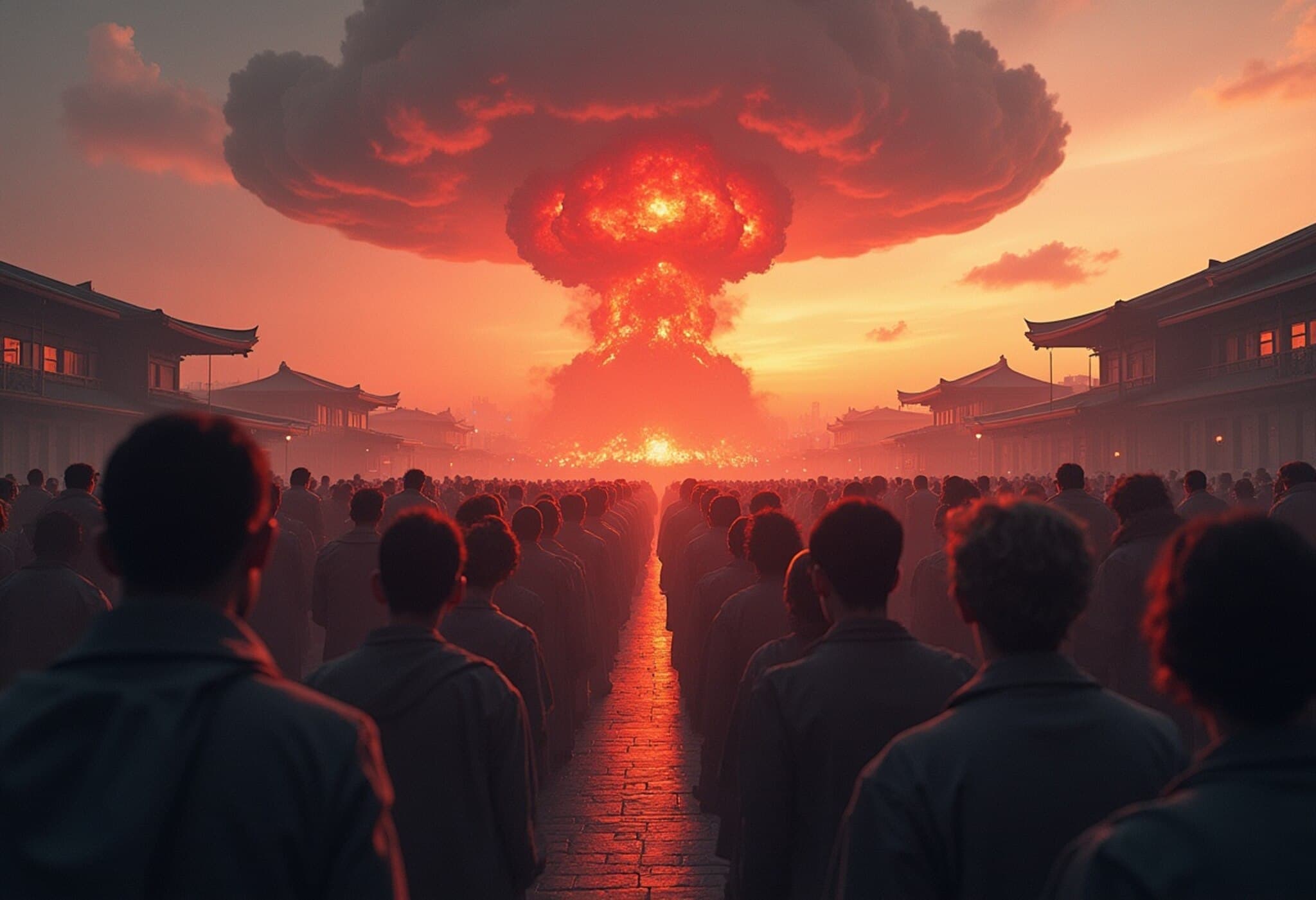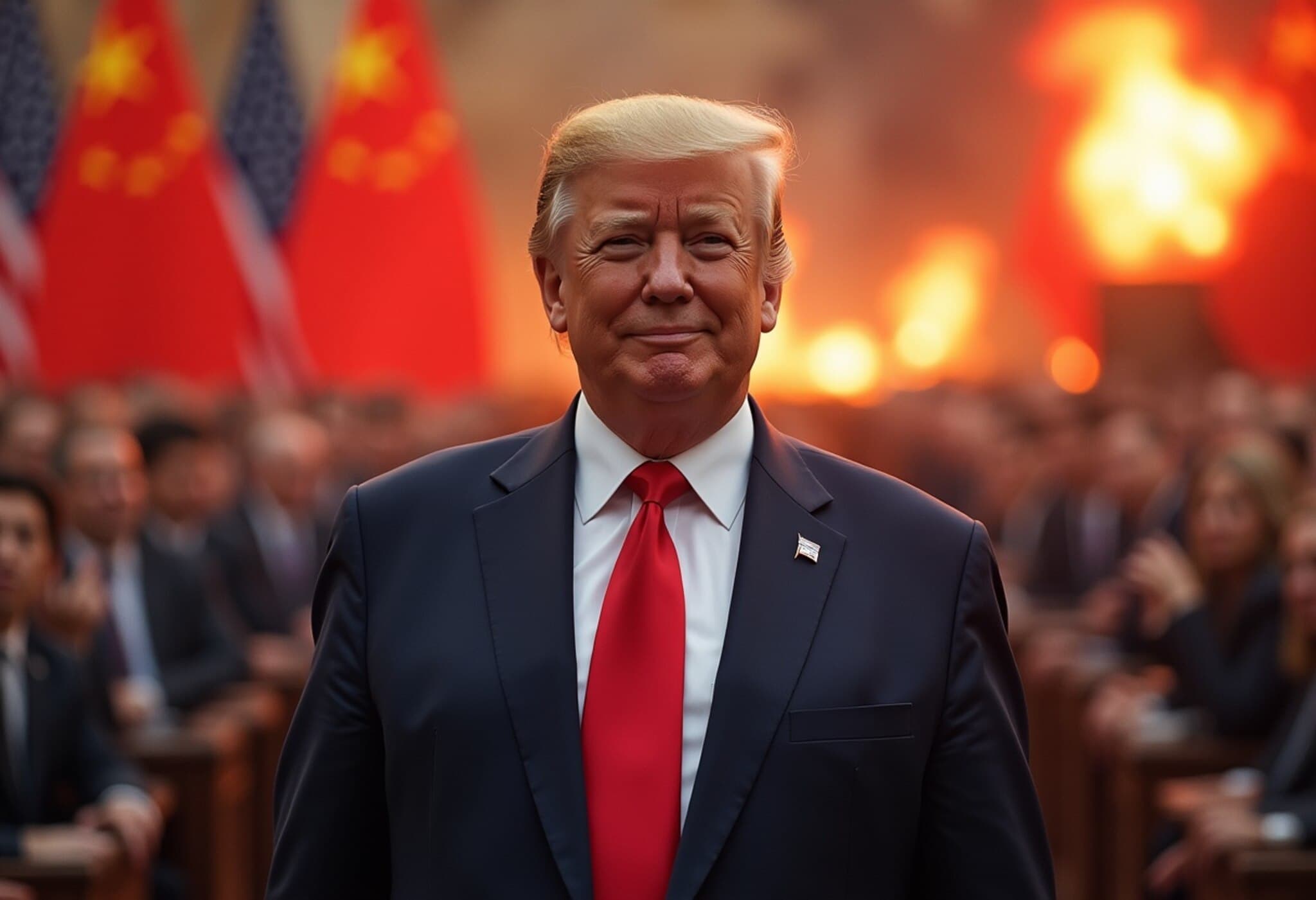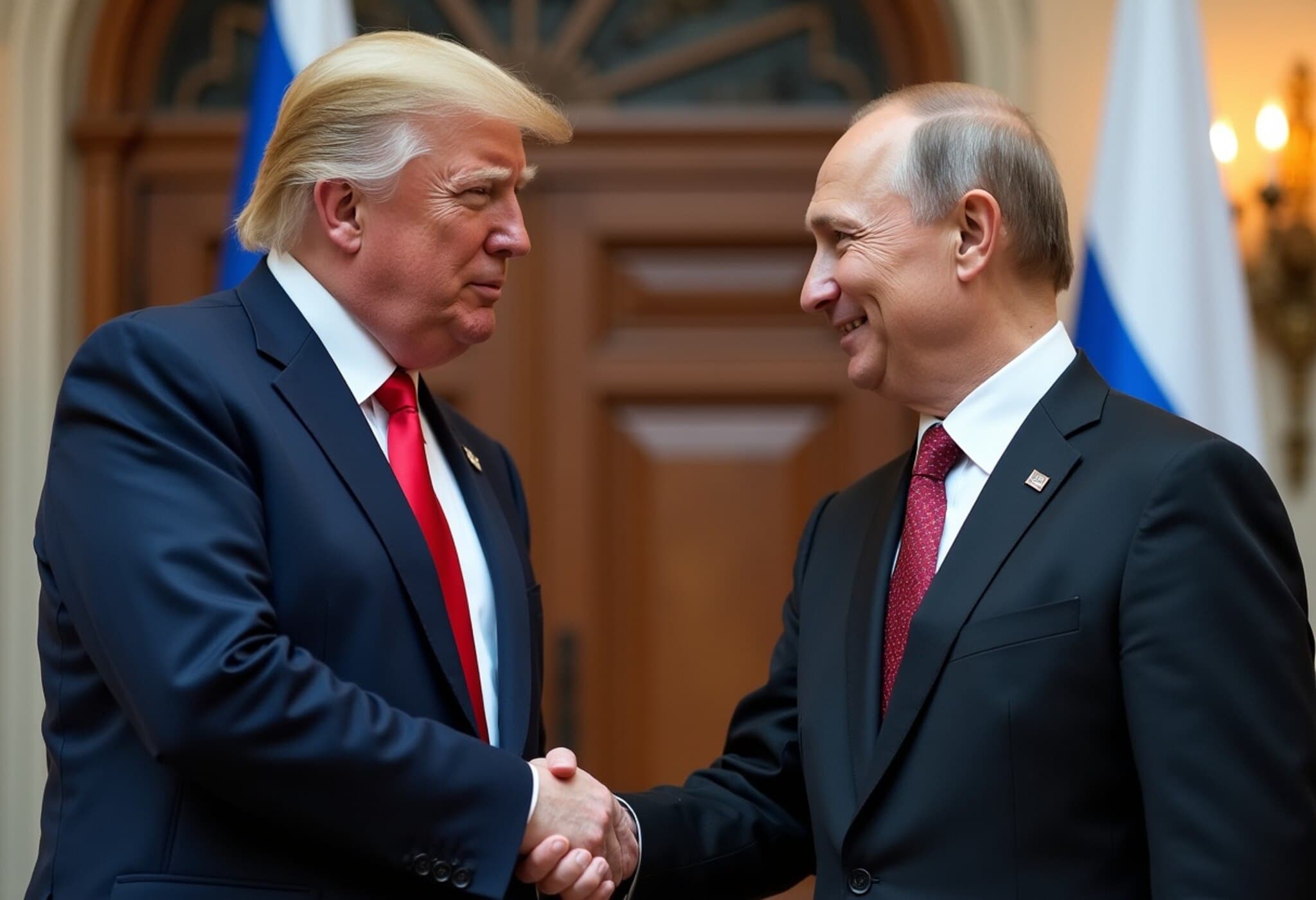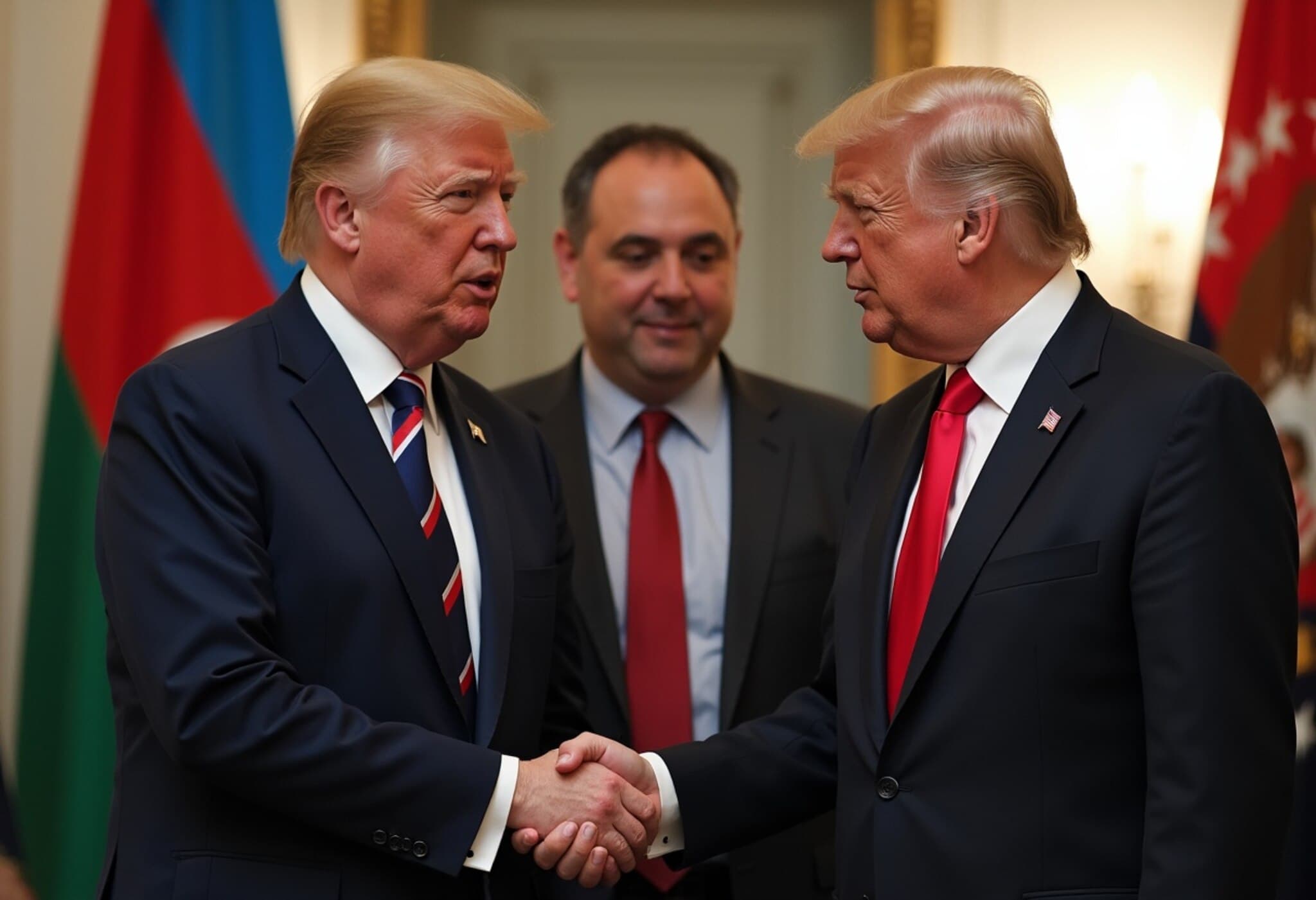Remembering Nagasaki: A Sobering Reflection on Nuclear Warfare
On August 9, 2025, the city of Nagasaki solemnly commemorated the 80th anniversary of one of history’s most devastating moments — the atomic bombing that forever altered the course of human warfare. Thousands gathered at Nagasaki Peace Park to honor the victims, pausing in a moment of silence at exactly 11:02 a.m., the time when the plutonium-239 bomb, famously dubbed "Fat Man," exploded over the city.
A City Forever Scarred
On that fateful day in 1945, the U.S. dropped the 10,000-pound nuclear bomb on Nagasaki, instantly killing an estimated 27,000 of its roughly 200,000 residents. By the end of the year, deaths attributed to acute radiation exposure had swelled to about 70,000. The devastation came just three days after the uranium-235 bomb leveled Hiroshima, events that precipitated Japan's surrender and the close of World War II on August 15.
What sets Nagasaki apart is not only the tragic loss of life but the enduring impact on its survivors, known as "hibakusha," whose numbers have dwindled below 100,000 this year. These survivors continue to battle the long shadow of radiation-induced illness and social stigmatization, reinforcing the urgency of nuclear disarmament campaigns worldwide.
Warnings from Leadership: The Nuclear Threat Lingers
At the memorial, Nagasaki Mayor Shiro Suzuki delivered a poignant and urgent message, cautioning that current global tensions risk plunging the world back into nuclear conflict. His call was clear: leaders must adhere to the U.N. Charter’s principles and forge a tangible roadmap toward the abolition of nuclear weapons. “Delay is no longer permissible,” Suzuki emphasized.
He painted a vivid picture of the atrocity using survivor testimony—graphic images of bodily devastation and indiscriminate death—reminding attendees that nuclear war is not an abstract geopolitical term but a catastrophic human tragedy. Suzuki urged for a renewed global solidarity rooted in empathy and mutual understanding, suggesting that embracing a “global citizen” perspective is essential to healing a fractured world.
International Engagement Amid Ongoing Disputes
This year’s ceremony attracted representatives from 95 countries and territories, including major nuclear powers such as the United States and Russia, as well as Israel, a nation maintaining strategic ambiguity about its nuclear arsenal. Their presence underscores a complex geopolitical landscape where nuclear deterrence remains deeply entrenched yet increasingly precarious.
The choice of Nagasaki as a target was strategic—selected for its industrial significance and unique hilly geography, which intensified the bomb’s destructive blast. This historical fact casts a shadow on the logic of wartime decisions and fuels ongoing debates about the morality and necessity of nuclear weapons.
The Younger Generation’s Call to Action
Voices from younger generations, like 14-year-old Daiji Kawanaka from Osaka, resonate with hope and responsibility. His reflection, “A tragedy like this must never be repeated,” echoes a collective desire among youth to foster peace actively rather than passively. This growing awareness is crucial as the world faces renewed threats of nuclear escalation amid geopolitical crises.
The Path Forward: Nuclear Abolition and Japan’s Role
Japan, uniquely bearing the scars of nuclear attacks, asserts its dedication to nuclear disarmament. However, it remains notably absent as a signatory or observer of the U.N. treaty that bans nuclear weapons, highlighting a tension between its pacifist aspirations and strategic alliances.
Meanwhile, organizations like the Japan Confederation of A- and H-Bomb Sufferers Organizations, awarded the Nobel Peace Prize for their advocacy, continue to amplify the voices of hibakusha worldwide. Their efforts serve as powerful testimony to the destructive consequences of nuclear warfare and a clarion call for global denuclearization.
Editor’s Note
The 80th anniversary of Nagasaki’s atomic bombing is not merely a moment to look back but a crucial inflection point to confront ongoing nuclear challenges. While the world honors those who perished, it must also reckon with modern dangers—rising tensions, nuclear modernization, and diplomatic stalemates. Can we, as a global community, transcend historical grievances and geopolitical rivalries to achieve lasting disarmament? The answers may well determine humanity’s future survival.









